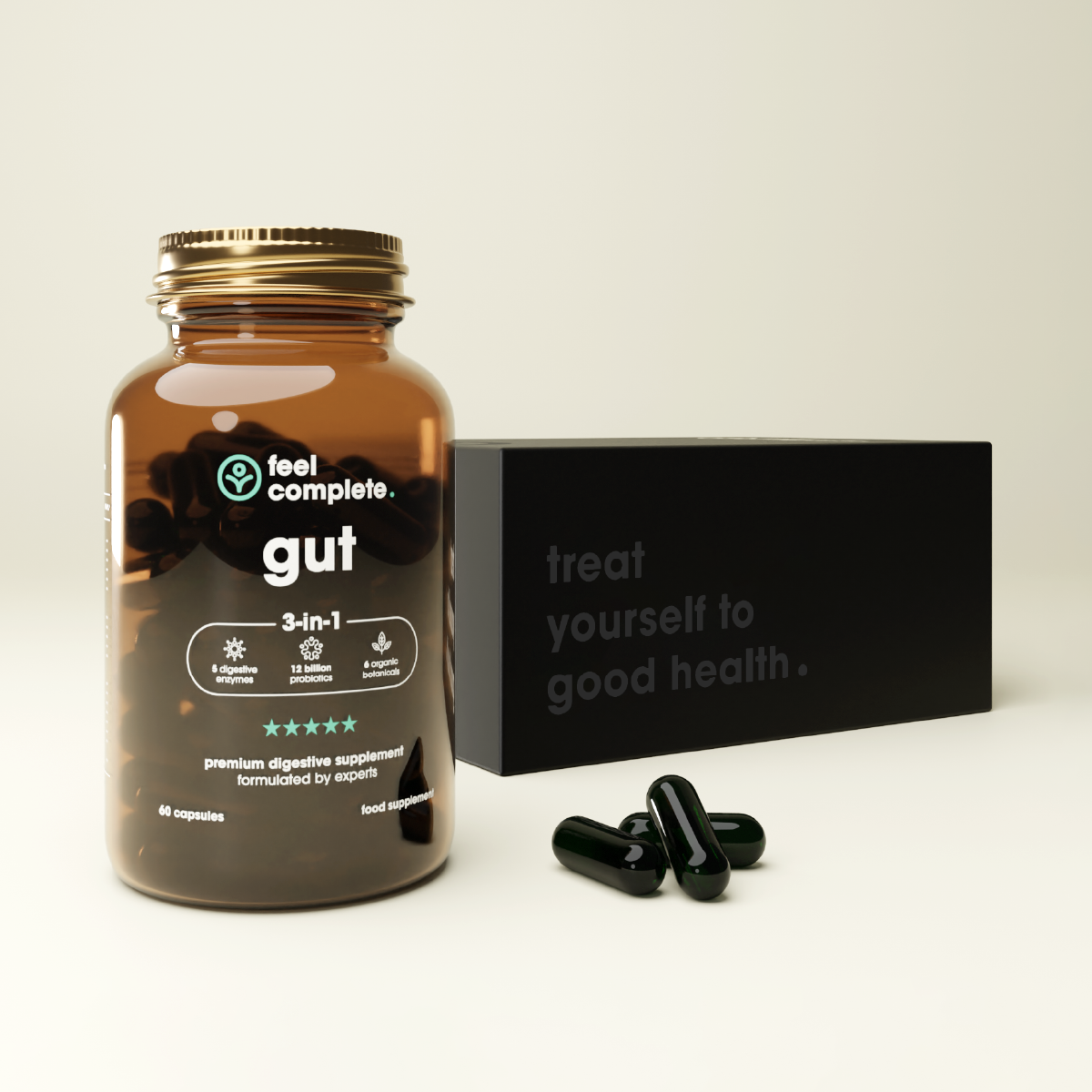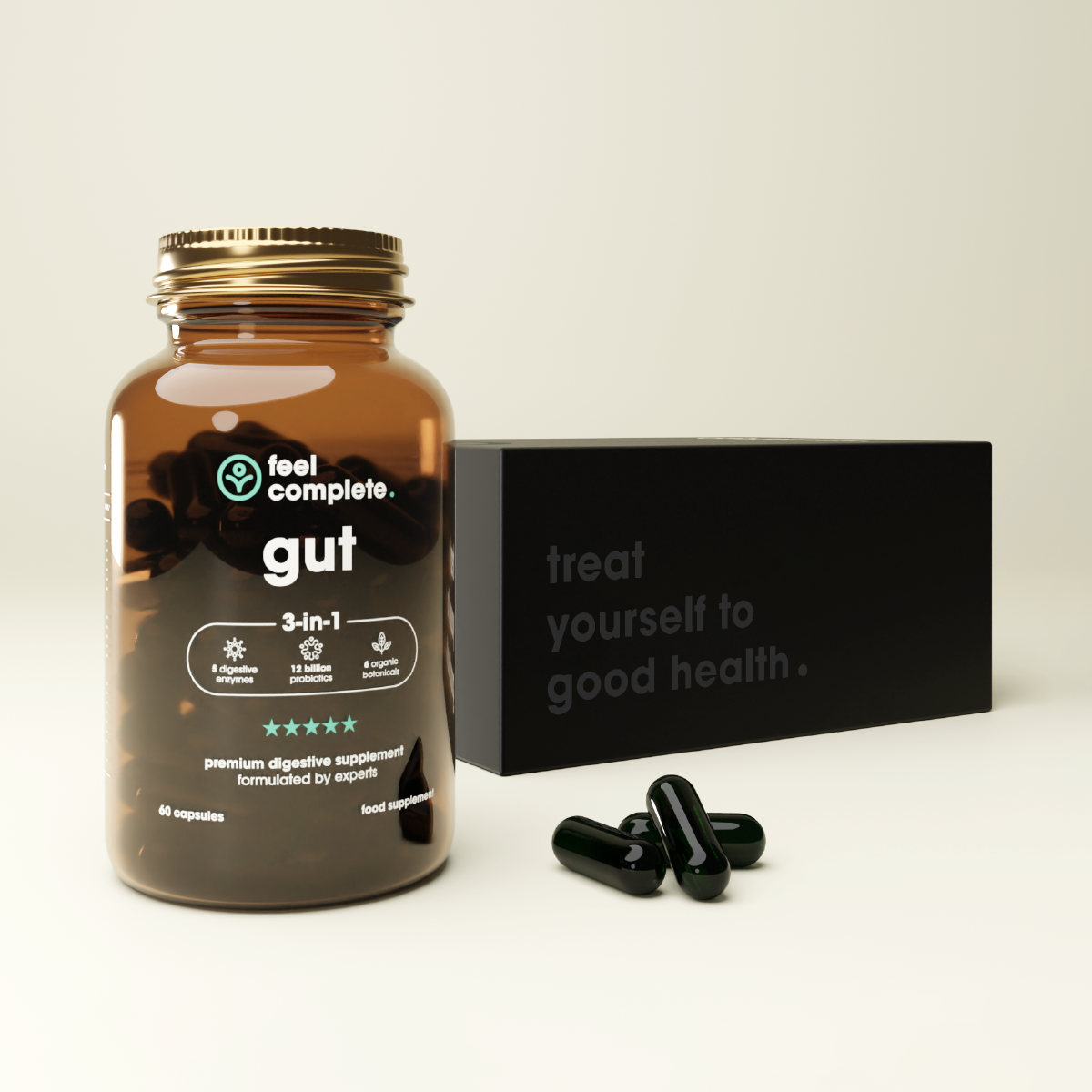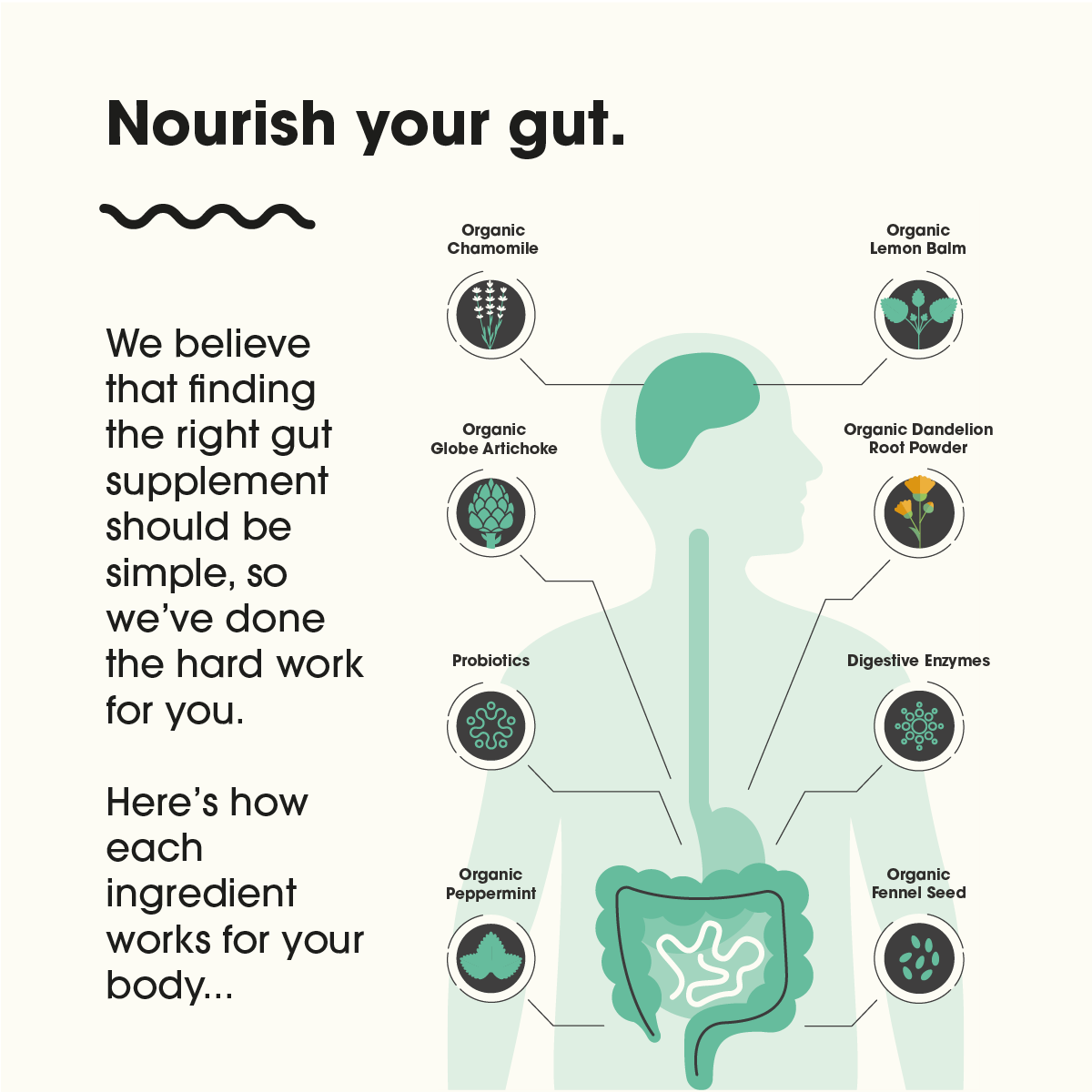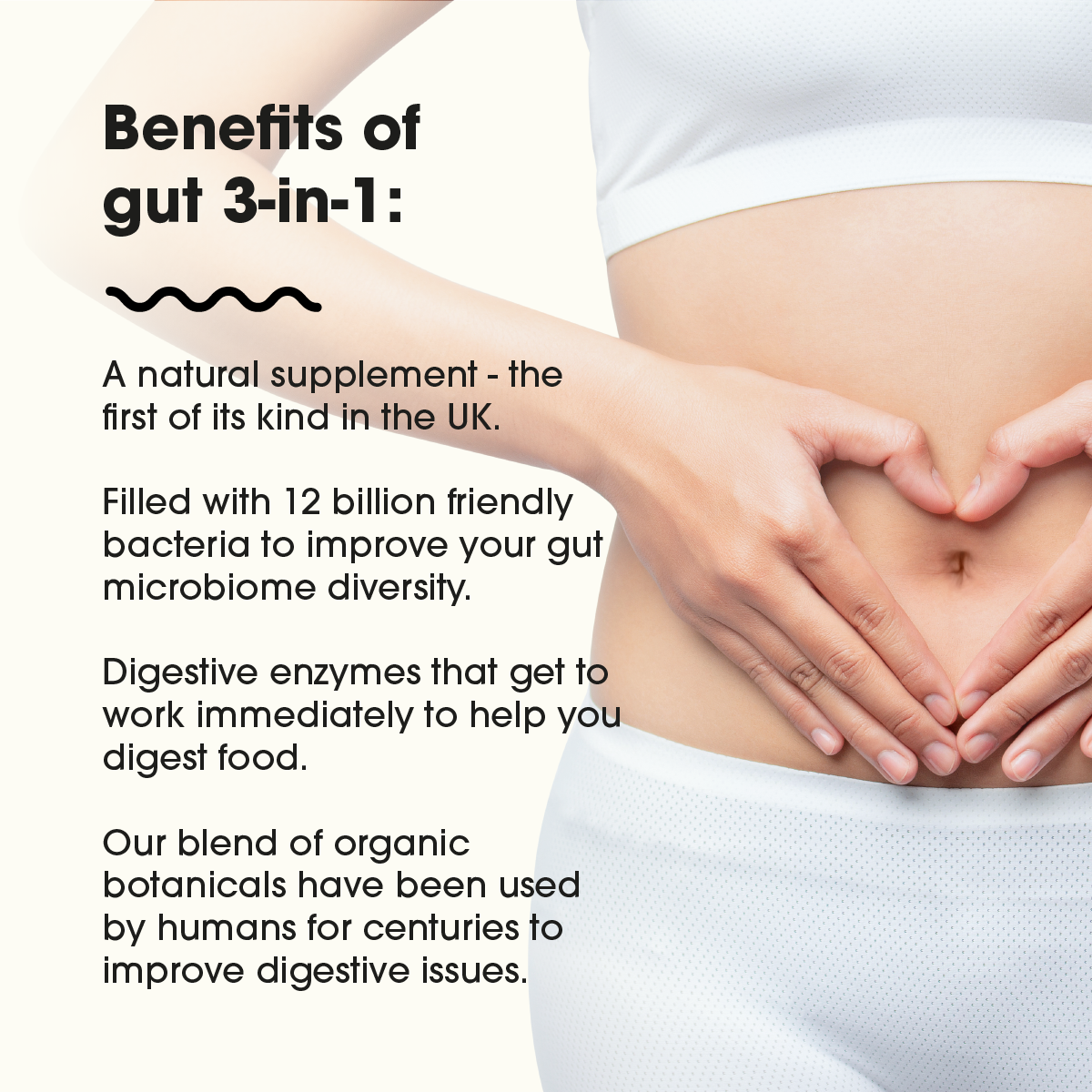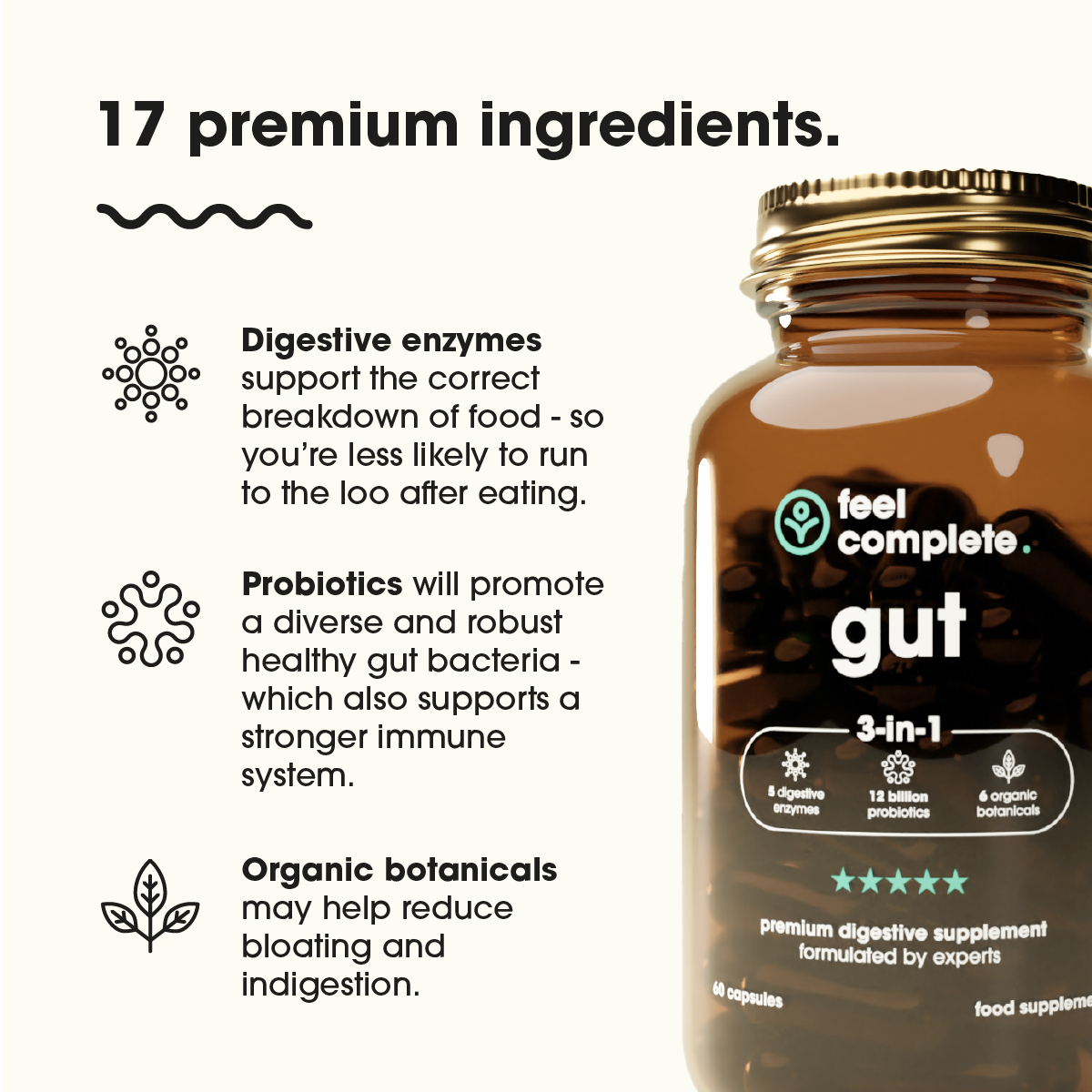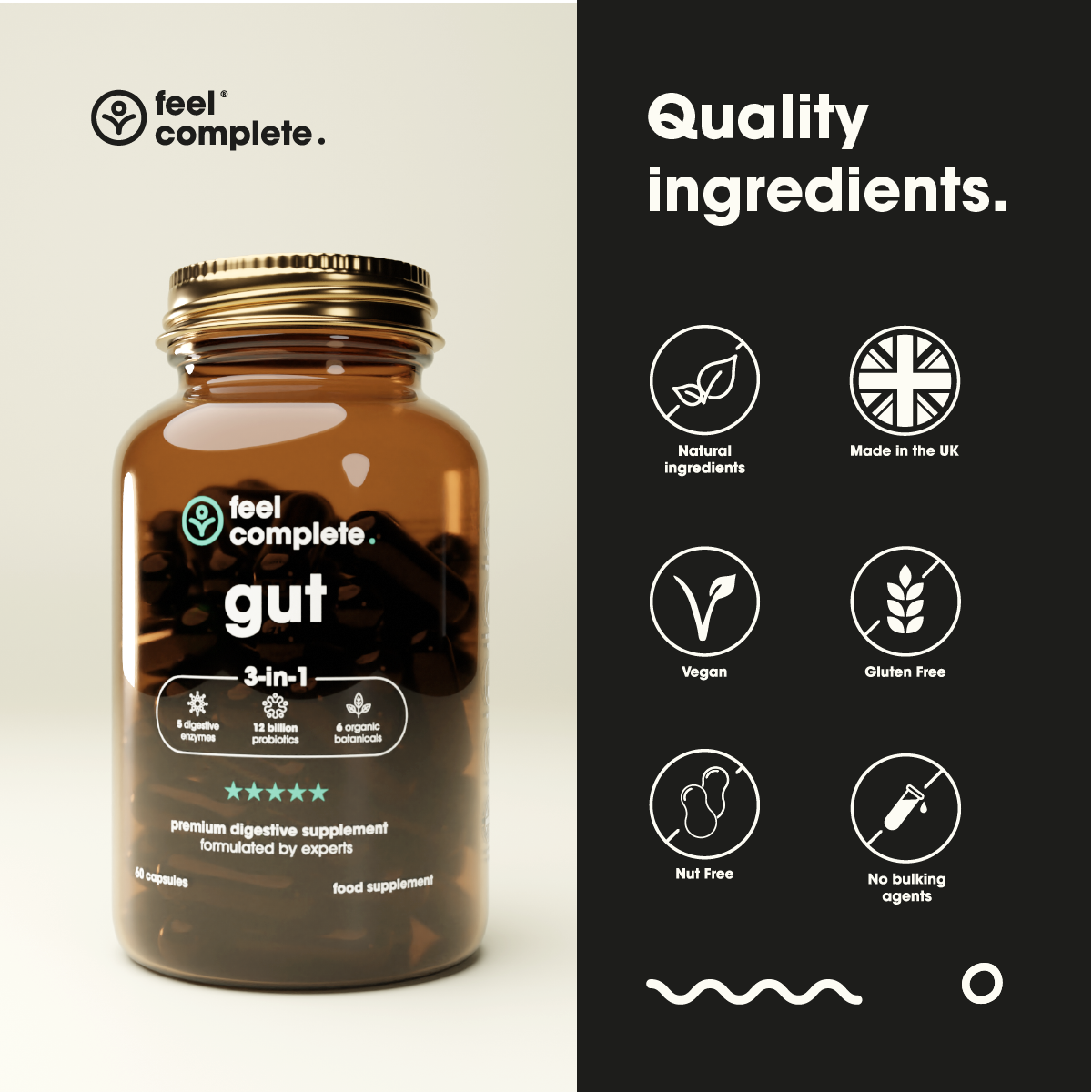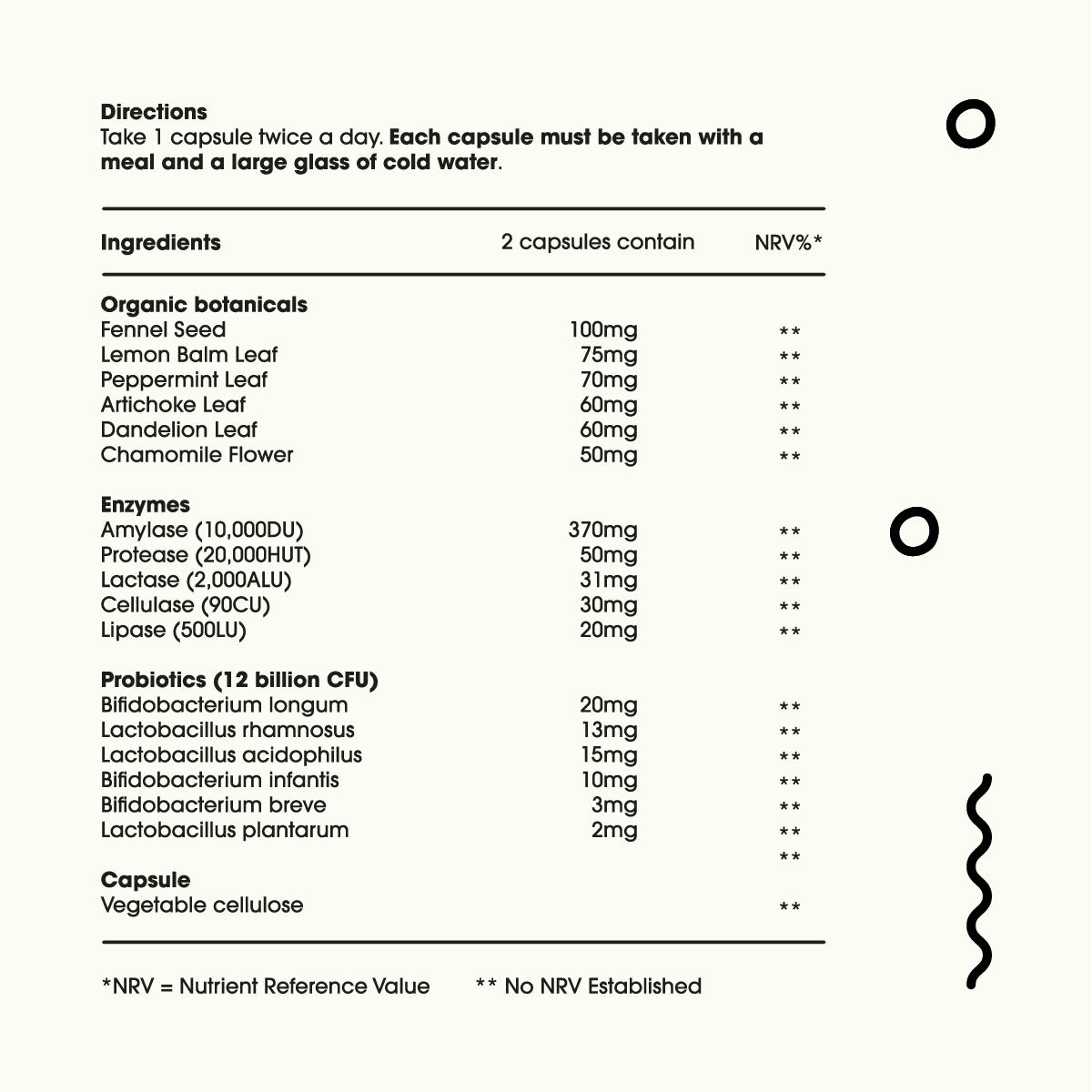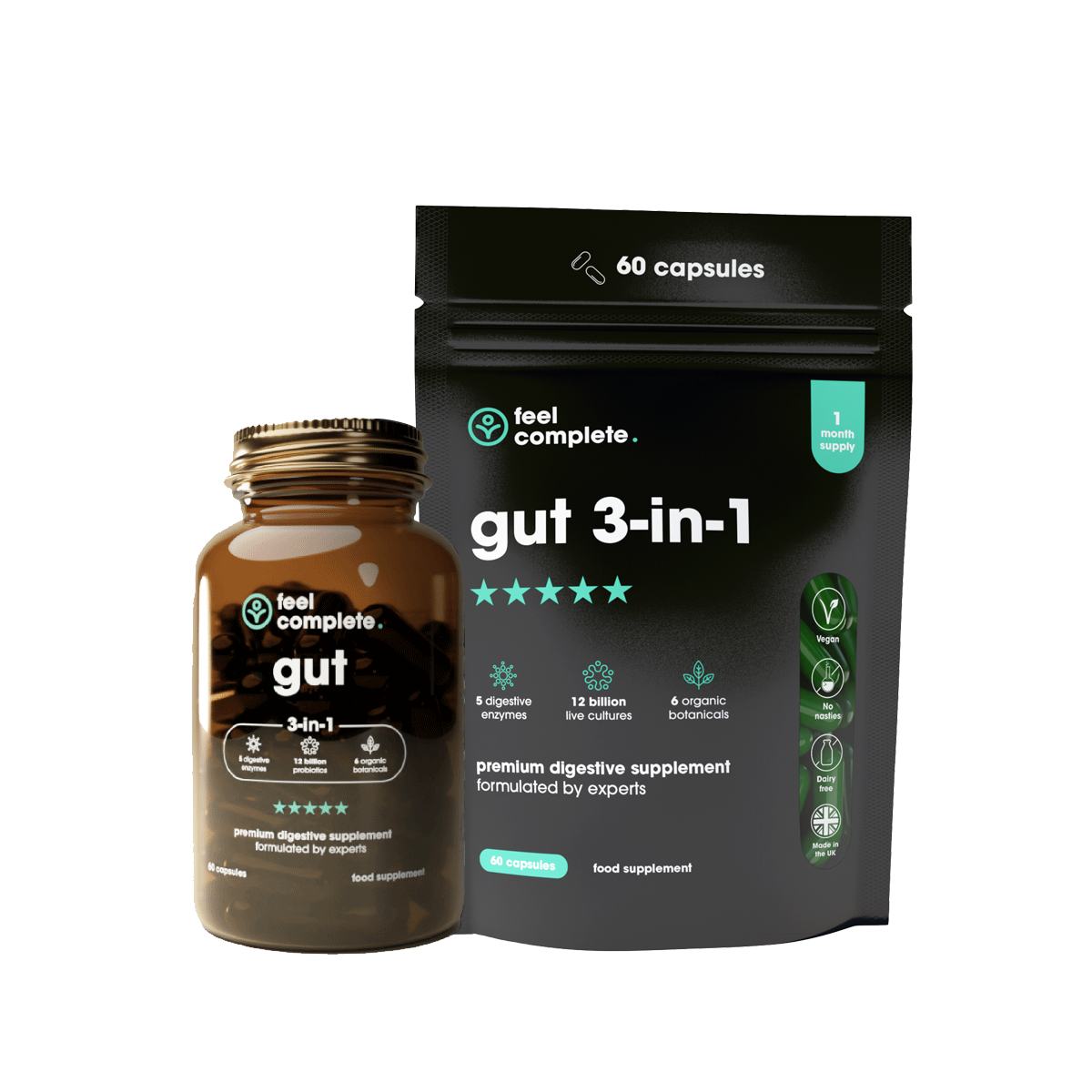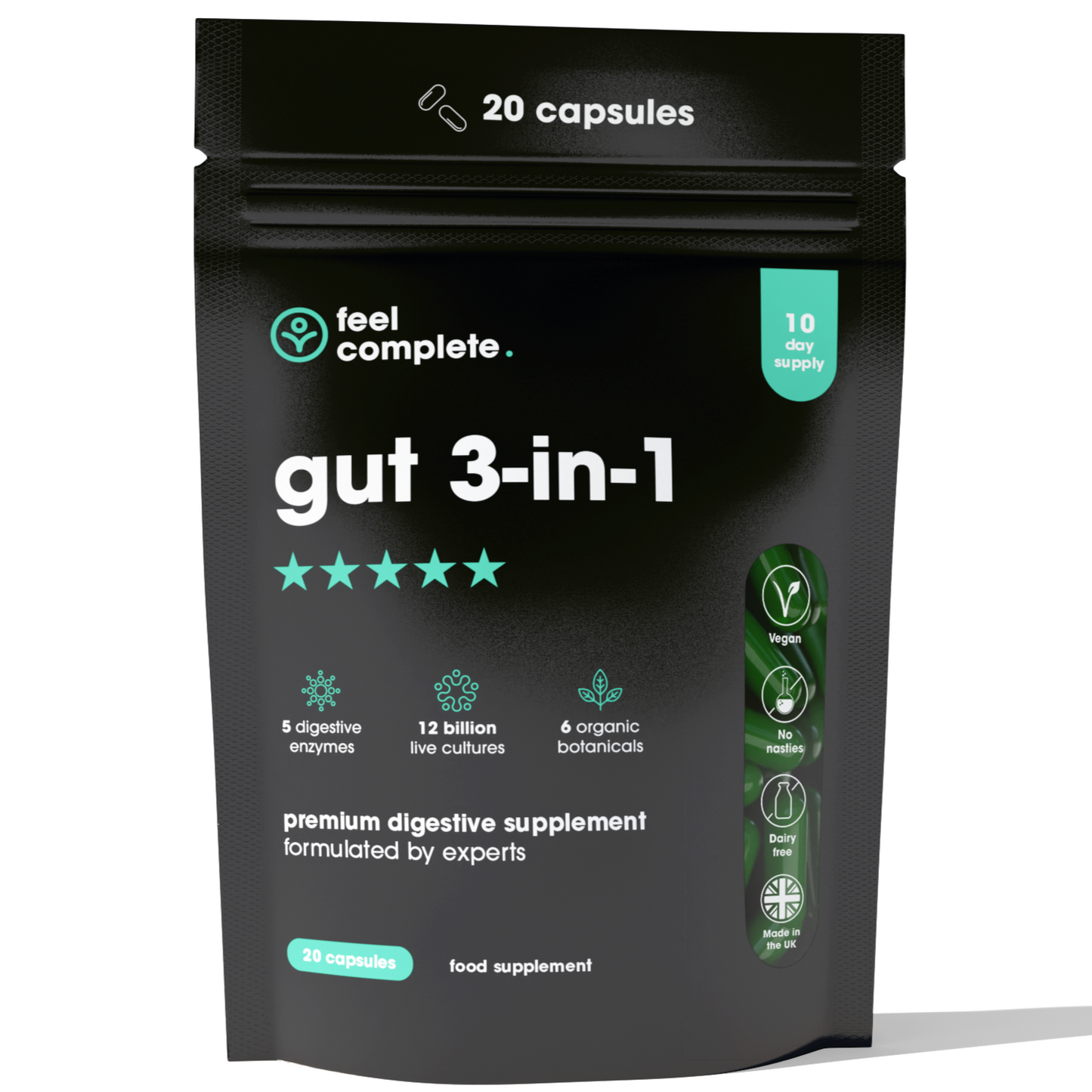Look up. Raise your hand. Bend your knee. Without the health and help of your 200+ joints and the 200+ bones they connect, these simple movements would be a nightmare or near impossible to do.
It's one of the things we take for granted, right? But here's the bitter truth. Without the health of your joints and bones, you'd be a spectator in your own life; unable to do or participate in everyday activities or fun adventures. So what can you do to ensure your joints and bones stay healthy for as long as possible? Let's find out!
Healthy joints
Joints are what allow us movement and flexibility, and whether a person is walking from their home to their local park, taking part in a marathon, or regularly goes swimming, their joints are at play. Your joints are located in the places your bones meet, and they're basically the glue that holds your bones together.
In addition to helping you move and be flexible, joints also allow you to grow. Our joints have cartilage, a flexible connective tissue which helps us move and cushions bones.
These are all the things healthy joints can do. But what happens when your joints aren't healthy? Let's find out!
Unhealthy joints
Remember what we said about cartilage? Your joints can lose their ability to do their job properly when cartilage tissues are damaged by an injury or by “wear and tear.”
Whether this is due to ageing, excess physical activity, diseases (osteoarthritis, osteoporosis, etc.) or poor diet, damage to cartilage tissues is very problematic.
How so? When your cartilage tissues are damaged, your bones will end up rubbing against each other as there's no more cushioning. As you can imagine, this makes movement very painful and difficult.
Protecting your joints
There are many ways to protect your joints. In addition to regular movement and exercise, you can improve the health of your joints with the right diet. One common way to do this is to avoid inflammatory foods (they lead to inflammation, which you don't want!), and eat anti-inflammatory foods that reduce inflammation.
Glucosamine, for example, is a natural compound found in cartilage and key for the health of your joints. When cartilage tissues are damaged, a person can take its supplement form of glucosamine, which comes from shells of shellfish. Research shows that glucosamine supplements can help improve symptoms of conditions such as rheumatoid arthritis and osteoarthritis. [*] [*]
Omega 3 fatty acids are also key for joint health. These fatty acids are needed for functions in the body and are essential for every cell wall you have. Thanks to their ability to fight inflammation, studies show that Omega 3s can reduce joint pain and stiffness in people with rheumatoid arthritis. [*]
Healthy bones
Like the health of your joints, it's important for your bones to be healthy. But how? Your joints may be the glue but your bones are what give our bodies the support they need, help us move by allowing us to use our muscles to walk, run, swim, etc. Our bones also protect organs like the lungs and heart.
Want to know how the right diet and lifestyle can improve your joint and bone health? Speak to one our nutritionists here.
When your bones are healthy, they're dense and strong. And the cool thing? When broken, your bones can heal themselves! What happens when your bones are unhealthy? One way to find out!
Unhealthy bones
Bones are the structure of your body and when this structure is unhealthy or its integrity is compromised in any way, pain and discomfort soon follow. So what exactly causes unhealthy bones?
Many things can lead to unhealthy bones including your diet and medical conditions. In many cases, medicines can weaken your bones or lead to bone loss. These include certain diabetes medicines, some cancer medications, certain antidepressants as well as high doses of thyroid medicines and corticosteroids.
Bone loss density can lead to painful conditions such as osteoporosis. As a condition that weakens the bones and makes them more likely to break. This happens when there's more loss of old bone than creation of new bone.
Osteoporosis can develop over years without symptoms, which means a person will not know they have the condition until they break a bone. [*] There are currently 3 million people in the UK living with osteoporosis. [*]
So what can you do to avoid this painful and debilitating condition? Let's find out.
Joints and bone health
Your bones support your entire body. Isn't it time you supported them back? We hope so! There are many natural ways to support your bones so you can continue to have freedom of movement and stay flexible.
Increase your vitamin D intake
Vitamin D is important for strong and healthy bones and muscles. Sadly, many of us are deficient in this important nutrient. And guess what? Poor bone health has been linked to Vitamin D deficiency. In one review of patients with hip fractures, for example, researchers found that 74% of those diagnosed with osteoporosis had vitamin D deficiencies. [*]
Exercise
Exercising isn't only for staying fit or losing weight! The strength and health of your bones depend on regular physical activities, and exercise is key for building strong bones. Remember, our bones are living tissues, and it responds to the forces we place on them. So exercising makes your bones stronger as it builds more bone and density. And the more you exercise, the easier your bones adapt to changes. [*]
Stay away from processed “foods”
We could list all the ways processed “foods” destroy your health, but that would turn this article into a book! So what do processed “foods” have to do with bone health? A lot! The processing stage strips nutrients such as minerals and vitamins as well fibre off foods.
Then artificial sweeteners, colours and additives are then added to many of these now nutrient-depleted “foods.” In addition, processed foods are known to promote inflammation, which is linked to many chronic conditions including osteoporosis. [*]
As you can imagine, lack of these nutrients, especially minerals, directly influence bone health as your bones need whole foods. Why whole foods? Firstly, these foods that come from the farm instead of the factory contain all the nutrients you need to not only support bone health but also overall health.
Secondly, whole foods – which are anti-inflammatory – do the opposite of processed foods. In other words, they reduce inflammation. We've already mentioned Omega-3 fatty acids, which are great for fighting inflammation. [*]
There are many great anti-inflammatory foods out there you can start adding to your diet. These include green leafy veggies (kale, spinach, collards, etc.), olives and olive oil, nuts (e.g. almonds, walnuts), fruits, (cherries, oranges, blueberries), and fatty fish (tuna, salmon, sardines, and mackerel).
What about calcium?
Many of us believe that calcium equals bone health. “Drink milk” is what we've heard from a young age! However, calcium intake doesn't necessarily translate into bone density or health. Research shows that even those who consume calcium from their diet or take between 1000 to 1200 mg of calcium supplements per day don't have a significant reduction in total fractures.
In one study, for example, researchers found that increased calcium intake by dietary sources or supplements had very little influence on bone density. [*] The study also concluded that the side effects from calcium supplements such as constipation, kidney stones, cardiovascular events, and gastrointestinal symptoms were greater than the calcium supplements' ability to reduce fractures.
So calcium deficiency isn't necessarily the cause of poor bone health or osteoporosis. And no, you don't need to drink more milk to have healthy bones (!) - although milk is generally great for your health.
Bottom line
Together, your joints and bones perform important functions that support your body and help you move. Your bones, for example, don't only store minerals that help keep your bones strong and healthy. They also protect your brain, heart and other organs from injury. As for your joints, they ensure that you have flexibility so you can move your body in different ways.
A healthy diet and lifestyle help keep your joints and bones healthy so you can move around in life without pain, discomfort or limitations. On the other hand, a poor diet and lifestyle will do the opposite. In simple terms, you can kick unhealthy bones in the back side with a few simple lifestyle changes!







